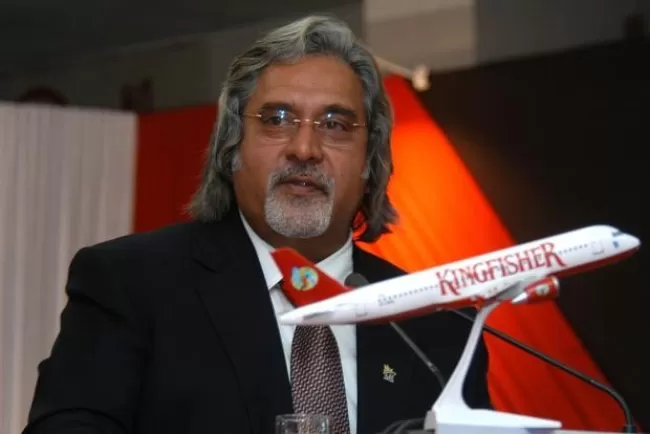Karnataka's Caste Census: A Tipping Point for Social Stratification
The long-awaited caste census in Karnataka is poised to spark a significant political debate, as the state's government prepares to publicly discuss a report that has been under wraps since 2015. What implications will this have for various communities in the region?
Karnataka's caste system, one of the world's oldest forms of social stratification, remains deeply ingrained in the state's socio-political landscape. The Cabinet is set to discuss the long-delayed caste census report, officially known as the Social Economic and Educational Survey, which has sparked intense debate among various communities concerned about potential misrepresentation.
Commissioned in 2015 under then-Chief Minister Siddaramaiah, the survey aimed to gather comprehensive demographic data across economic and educational lines, covering approximately 13 million households at a cost of nearly $19.7 million. However, since the data collection concluded in 2017, successive governments have hesitated to release the findings, fearing political repercussions.
Communities on Edge
Influential groups like the Lingayat and Vokkaliga communities have expressed apprehension about the survey's accuracy and methodology, worrying that their population strength and social standing may be misrepresented. As the ruling Congress party braces for the potential fallout of the census report, concerns loom large about disrupting the existing political balance in Karnataka. Party leaders are wary that releasing the data could alienate dominant caste groups, potentially shifting electoral support.
In a recent Congress working committee meeting, party leader Rahul Gandhi underscored the importance of focusing on the Other Backward Classes (OBC) community, hinting at the political benefits that could arise from recognizing their significance. This focus has intensified the political controversy surrounding the census report, particularly among the Vokkaliga and Lingayat factions, who have threatened protests if the findings are made public.
The Political Landscape
The potential release of the caste census report has ignited a political firestorm, with opposition parties closely monitoring the situation. The Congress party, which currently holds power in Karnataka, must navigate the delicate dynamics of caste-based politics while addressing the concerns of various communities. As the chief minister assures the public of transparency and action regarding the report, the underlying anxieties among influential communities persist.
With the caste census poised to reveal data that could shift the political landscape, the outcome of this discussion will be pivotal. The implications may extend beyond Karnataka, influencing national conversations around caste, representation, and social equity in India.
Conclusion
As Karnataka prepares to unveil the caste census report, the stakes are high for all involved. The potential for political upheaval is palpable as communities brace for the impact of the findings. Will the report foster greater inclusivity and representation for marginalized groups, or will it exacerbate existing tensions? The coming discussions will undoubtedly shape the future of Karnataka's socio-political fabric.
What's Your Reaction?















